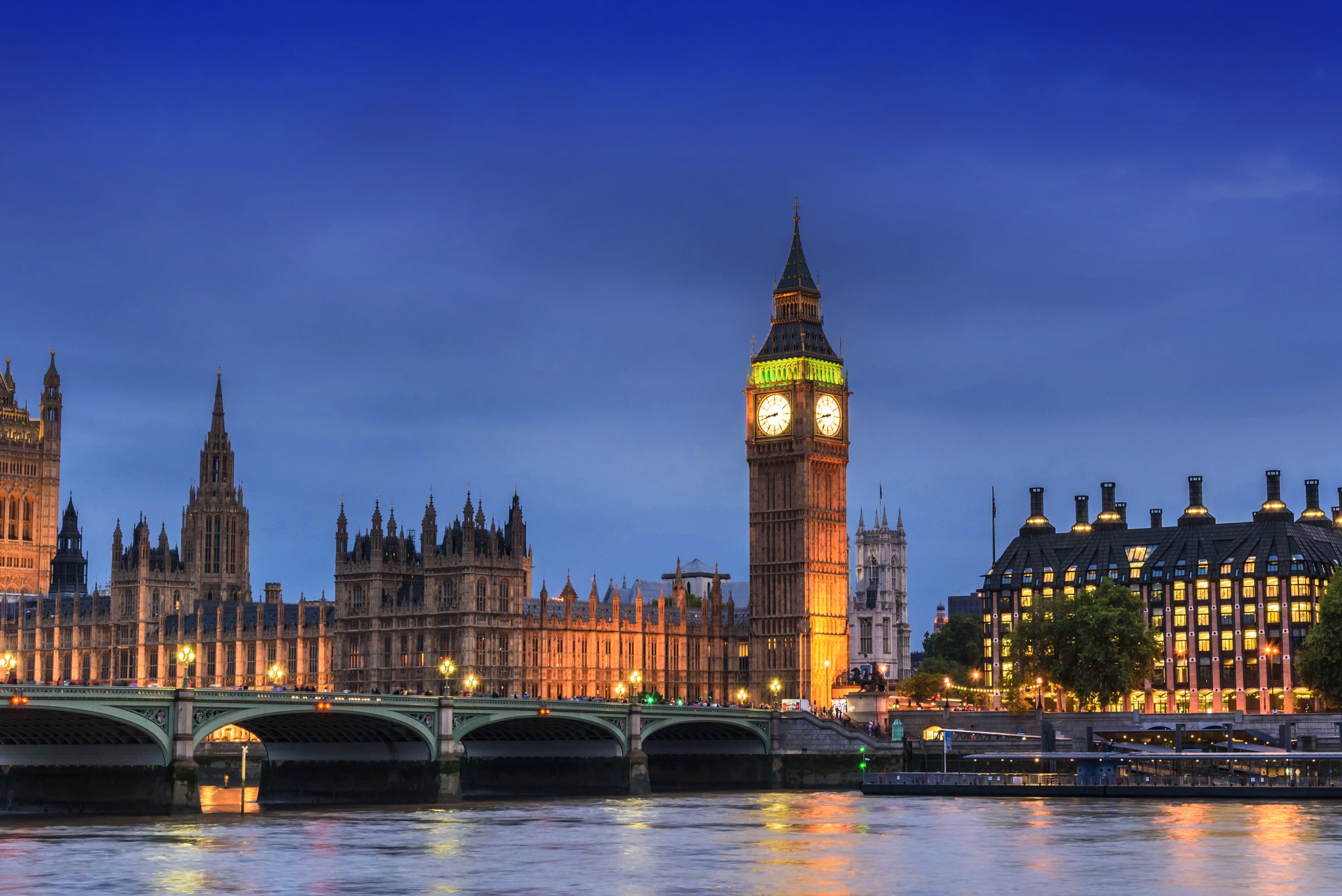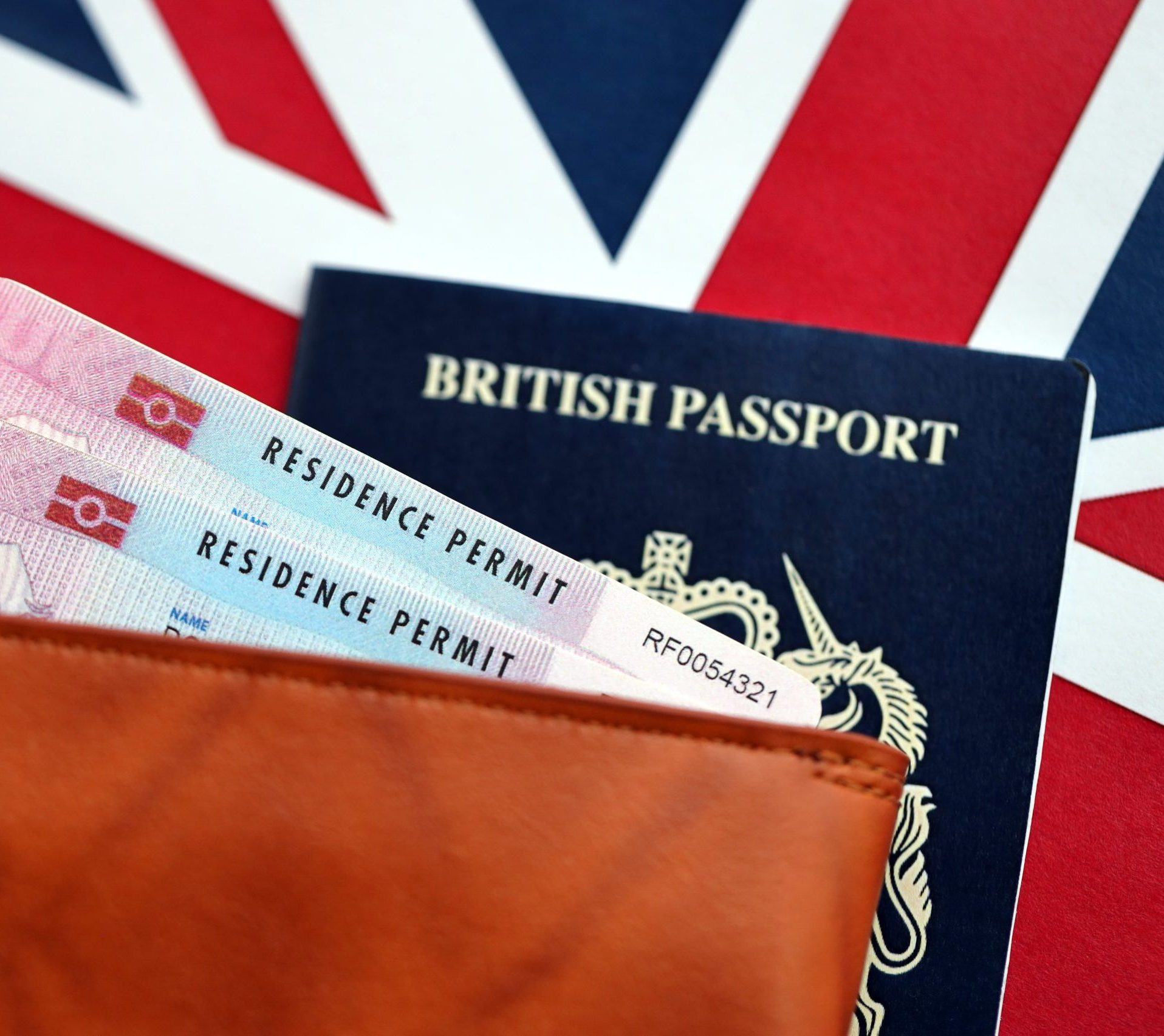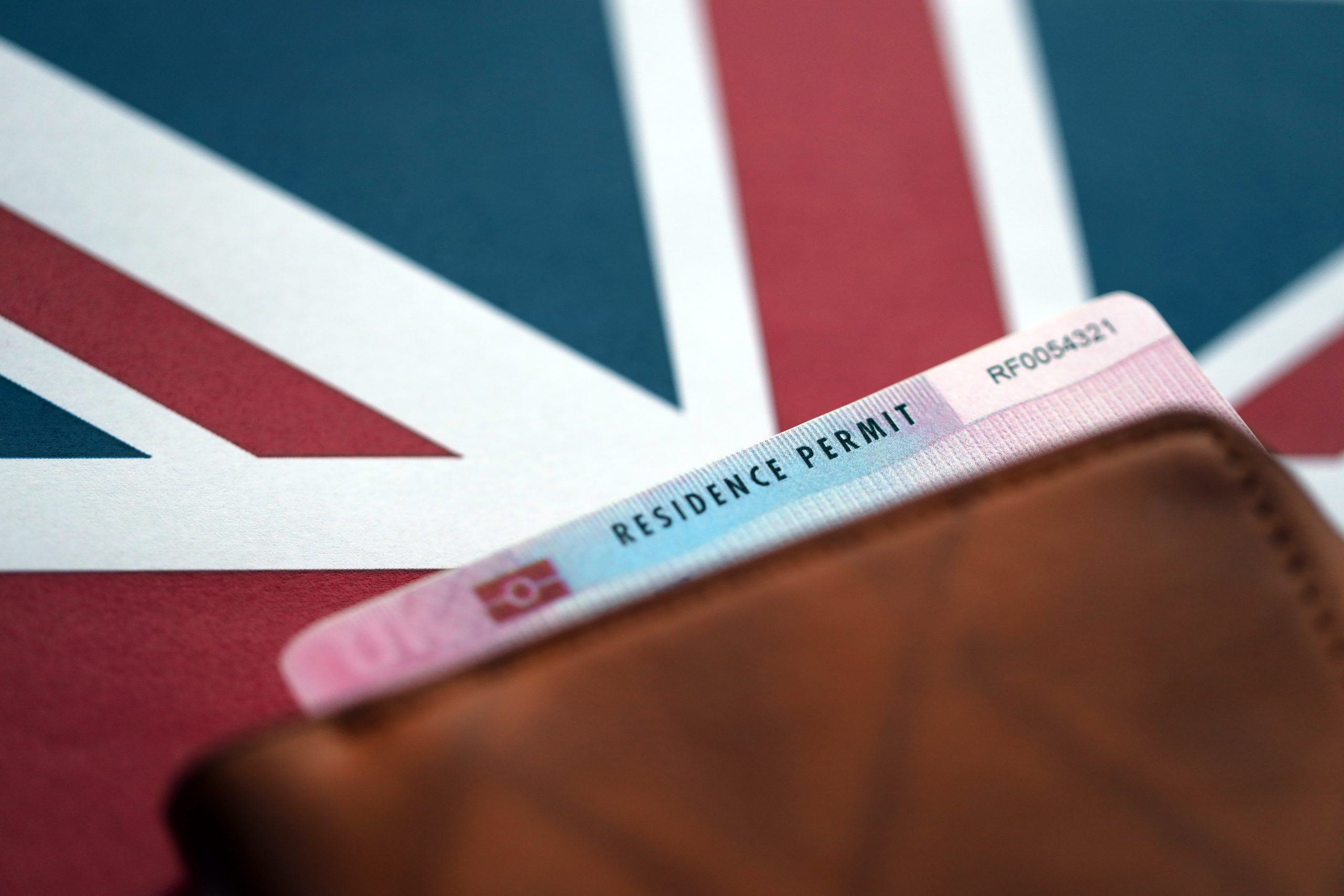How to get UK citizenship? Your step-by-step application timeline after ILR
Written by: Mauricio Cruz

If you’ve been granted indefinite leave to remain (ILR), you may already be thinking about the next step: how to get UK citizenship. But once you’re eligible, the process isn’t automatic. It involves planning, document gathering, and getting the timing right. You may also wonder if becoming British is the right thing for you. You can read more about ILR vs. British citizenship in our earlier article, or if you should become British.
This guide outlines a clear timeline to help you prepare your application and avoid common delays and mistakes along the way.
Step 1: check when you’re eligible
To apply for British citizenship through naturalisation, most people must:
- Hold ILR for at least 12 months, unless you’re married to a British citizen (in which case you can apply as soon as you receive ILR).
- Have lived in the UK for at least five years (or three years if married to a British citizen).
- Meet the residence and good character requirements.
- Satisfy English language and Life in the UK test requirements.
- Intent to keep living in the UK.
Now is a good time to check your travel history and make sure your time in the UK meets the Home Office’s absence limits. Too many days spent outside the UK during your qualifying period, or the last year could delay your application or lead to an application refusal.
Tip: You must not have spent more than 90 days outside the UK in the last 12 months before applying, and no more than 450 days in total over the last 5 years (or 270 days over three years if applying as a spouse of a British citizen).
You also need to make sure you were physically present in the UK on the day five years (or three if you are the spouse of a British Citizen) before the date your application is submitted. You can read more about ILR and absences in our earlier article.
Step 2: six months before – gather your documents
Several of the required documents can take time to organise. Start early and ensure they are all up to date to avoid last-minute delays. You will need:
- Your passport
- To book and complete your Life in the UK test, and receive a certificate (you may already have this from your ILR application)
- To book and complete your English language test (unless exempt or if you already have a certificate from your ILR application)
- Your ILR decision letter and evidence of your ILR, which could be your eVisa or your biometric residence permit (BRP)
- Marriage certificate (if appliying as a spouse of a British citizen)
- A record of your travel history and residency in the UK (bank statements, bills etc.)
- Your National Insurance number
- Referees’ details (see Step 4)
Step 3: three months before – check your travel and tax history
This is a good moment to:
- Review your absences from the UK, including exact entry and exit dates
- Make sure your tax records are up to date and accurate
If you’ve had any previous issues, such as tax penalties, convictions or breaching any immigration conditions including overstaying any visas, it may be worth seeking legal advice to see how this could affect your application.
Step 4: one month before – organise your referees
You need two referees for your application who have known you for at least three years. One must be a person of professional standing (for example, a teacher, accountant or solicitor). The other referee must normally be a British citizen. They must either be a professional person or someone aged 25 or over.
Only one referee needs to be British, and only one needs to be a professional person. The other referee can be over the age of 25 without holding a professional title.
Neither referee can be related to you or to each other.
Common issues include:
- Choosing referees who do not meet the Home Office criteria
- Missing or incomplete referee declarations
- Delays in getting responses from referees
Tip: Contact your referees in advance, explain the process clearly, and provide them with guidance to avoid delays.
Step 5: application week – submit online and book your appointment
Once you’re ready to apply, you’ll need to:
- Submit your application online via the UKVCAS (UK Visa and Citizenship Application Services) system
- Upload your documents
- Pay the application fee (as of 2025, £1,735 which includes the ceremony fee)
- Book your biometric appointment Service and Support Centre (SSC).
Make sure you download and save a copy of your application and upload all supporting documents before your appointment.
Step 6: after submission – what happens next?
After applying, you will usually wait up to six months for a decision from the Home Office, although some applications will take longer.
If your application is successful, you will receive an invitation to attend a citizenship ceremony at your local council. You must book and attend this within three months of your approval letter.
Only once you’ve attended your ceremony and received your certificate of naturalisation are you British. You can then apply for your first British passport.
Top five mistakes to avoid
- Applying too early – if you’re not married to a British citizen, in most cases you wait 12 full months after ILR before applying[AH1] to citizenship.
- Incorrectly calculating absences – especially in the last 12 months
- Choosing ineligible referees – such as relatives or people who don’t meet the criteria
- Missing key documents – including proof of English or your Life in the UK test
- Underestimating the good character requirement – issues like tax problems, bankruptcy, previous debts and criminal records or not disclosing information (even if you were unaware this should be declared) can result in refusal.
With the publication of the Government’s white paper outlining plans to tighten parts of the immigration system, it’s important to understand whether these changes could affect you.
If you are eligible to apply for British citizenship and are approaching five years of residence in the UK, be aware that the Government has expressed an intention to increase the required residence period to 10 years before you can apply.
To avoid delays or becoming ineligible under possible new rules, it may be a good idea to begin your application process now if you already meet the current requirements.
Need help?
At Seraphus, we support individuals through every stage of the British citizenship process. Whether you need a one-off application check or want someone to represent you from start to finish, our team of qualified immigration lawyers is here to help.
Contact us today to hear how we can support your journey to becoming a British citizen.
Need help with your British citizens application?
Our team of qualified immigration lawyers is here to help. Contact us today to hear how we can support your journey to becoming a British citizen.

-

Indefinite Leave to Remain vs British citizenship: which is the better choice for long-term UK residents
Written by: Christopher Desira
For many long-term residents the choice between indefinite leave to remain (also known as ‘ILR’ or ‘settlement’) and British citizenship is crucial. At Seraphus, we understand the uncertainties of immigration statuses. This guide explains the differences, highlights the benefits and limitations of each, and offers practical information to help you make an informed decision about […]Read article -

The impact of absences on ILR applications
Written by: Christopher Desira
If you are working towards your Indefinite Leave to Remain (ILR) UK immigration status, you may already know that time spent outside the UK—even for a holiday or a business trip—might affect your ILR eligibility. The qualifying period for ILR (often 5 years but sometimes 10, depending on your route) requires a certain amount of […]Read article -

Registering your child as a British citizen: What you need to know
Written by: Alex Young
Becoming a British citizen can open doors for your child, giving them access to a world of opportunities and the full rights that come with British citizenship. There are several pathways to becoming British, including by birth, descent, or naturalisation. However, if you are not born a British citizen, one of the ways to obtain […]Read article
Categories: British NationalityFamily Migration
